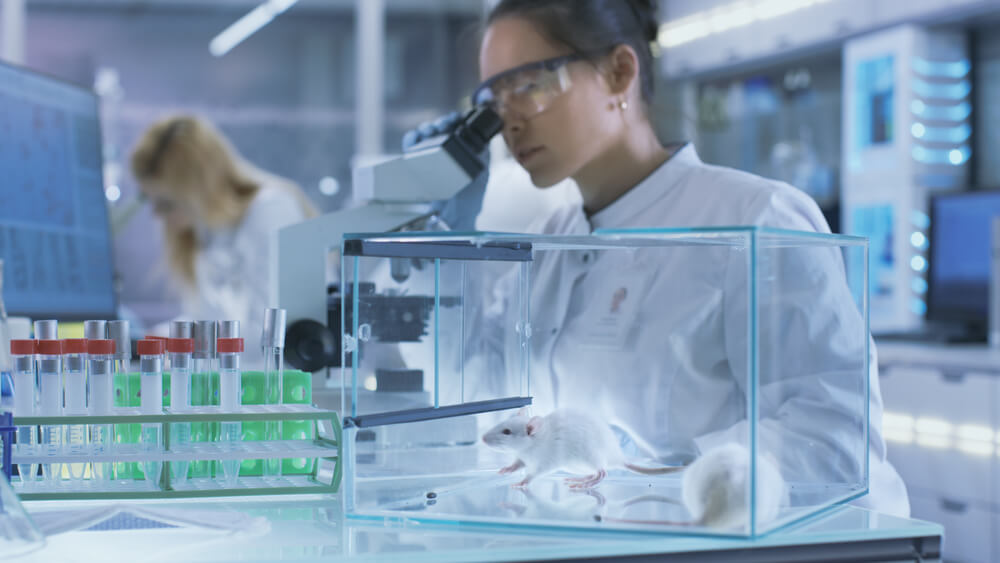



Get new exclusive access to healthcare business reports & breaking news




A recent policy change from the FDA means lab animals can now be adopted after years of lab animals being euthanized.
The Food and Drug Administration brought the rule into effect in November, but it has only just been disclosed.
Healthy animals that have been involved in lab experiments can now be transferred to shelters and sanctuaries for retirement – previously animals were euthanized after experiments.
Monique Richards, an agency spokeswoman, said: “The FDA has an internal policy for the placement of research animals after study completion that has not been made public.”
Animals affected by the new rule include cats, dogs, rabbits, guinea pigs, and some farm animals.
Around 780,070 animals were used for lab testing in America in 2018, not including mice, rats, and fish which are not covered by the Animal Welfare Act. The figure also excludes the 122,717 animals kept in research facilities in 2018 that were not involved in any studies.
Around 7% are thought to be fish, 8% dogs, 17% rabbits, and 22% guinea pigs. The figures were up 5.7% from 2017 across both private and public institutions.
The FDA’s first move towards its new rule happened in 2018 when it relocated 26 squirrel monkeys to Florida after taking part in a nicotine study. The monkeys were kept indoors to adjust to their new environment, but will soon be ready for outdoor relocation.
Similar moves were recently undertaken by the Department of Veterans Affairs and the National Institutes of Health, as lawmakers push for legislation to protect lab animals.
Sen. Susan Collins (R-Maine) said: “There is no reason why regulated research animals that are suitable for adoption or retirement should be killed by our federal agencies. I’m pleased that the FDA has joined the NIH and VA in enacting a lab animal retirement policy.”
The Animal Freedom from Testing, Experiments, and Research Act passed in 2019 has eight co-sponsors, but has not yet advanced out of committee.
The legislation requires all laboratories carrying out federal testing to place certain animals into homes such as sanctuaries once research studies are complete.
Rep. Brendan Boyle (D-Pa.), sponsor of the House measure, said in a statement: “For years, I’ve worked to end outdated government animal testing opposed by most Americans, and have been disturbed at how many animals are killed at the end of research even though there are individuals, rescues, and sanctuaries ready to take them in.
“Having introduced the AFTER Act to require federal agencies to allow lab animal adoption, I am very happy with the FDA’s new policy allowing healthy dogs, primates, rabbits and other animals to be retired after research.”
The new bill aims to extend policies such as the FDA’s across all government agencies to reduce the number of animals needlessly killed.
According to experts, animals can still thrive in retirement, regardless of the trauma they may have experienced.
Justin Goodman, vice president of advocacy and public policy for the White Coat Waste Project, a group that works to ban taxpayer-funded animal testing, spoke of the care lab animals require. The WCWP played a large role in the policy changes at the NIH and VA.
She said: “Animals who are going to be adopted out are going to need to go to families or rescues and sanctuaries that are going to have the time and patience and expertise to help them adjust.”
It is expected that, over time, fewer animals will be needed for research as more advanced methods are available. New research from the Michigan Technological University has even revealed synthetic cell scaffolds could replace animal testing in cancer research in the near future, with hopes for expansion across other lab tests.